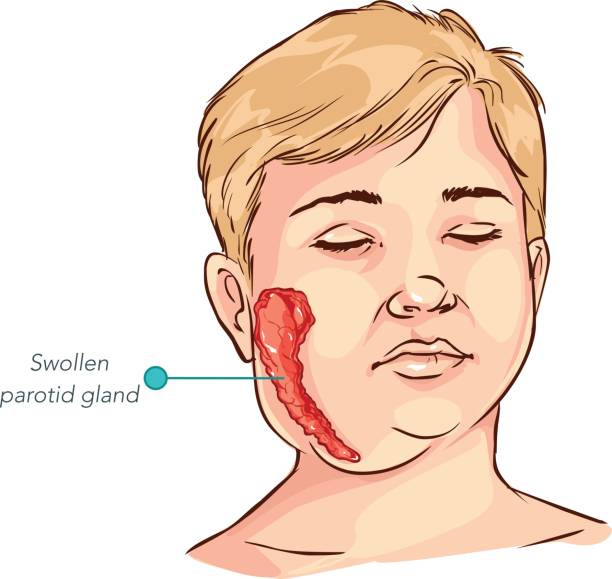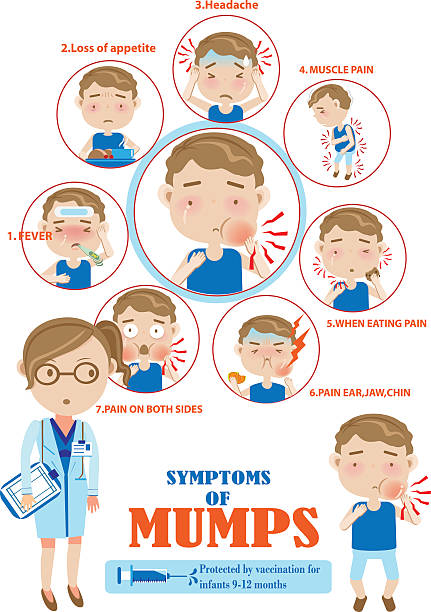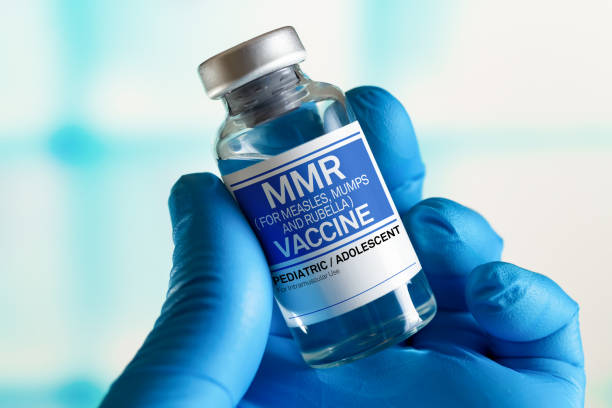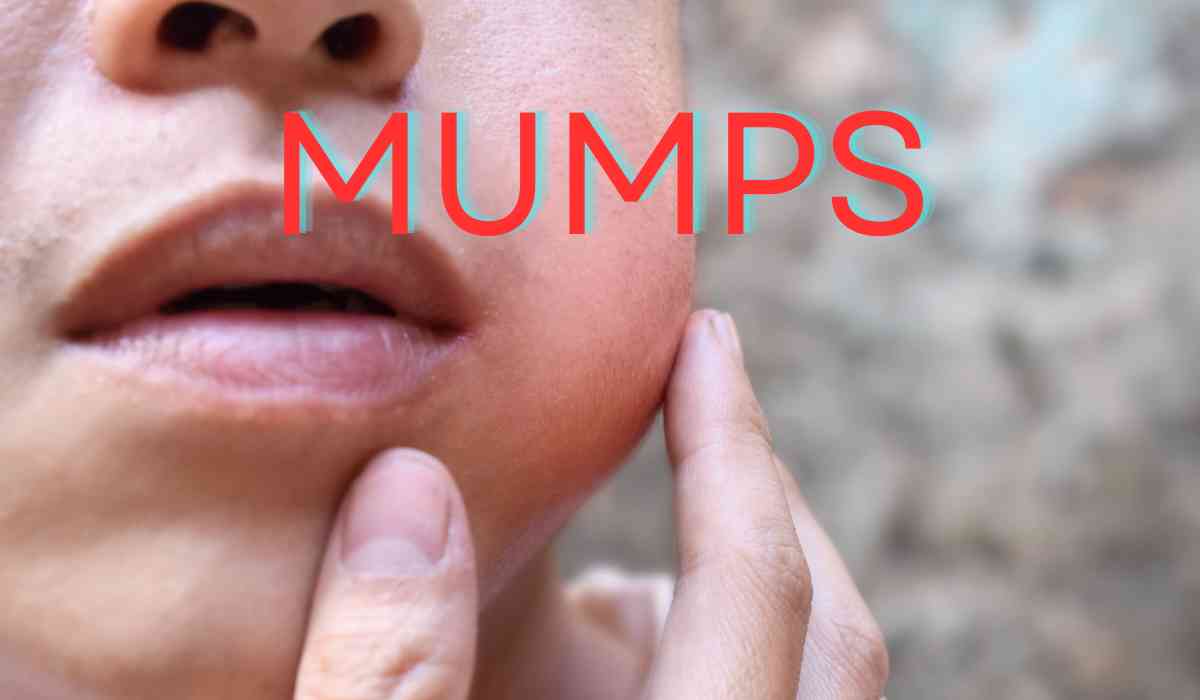Kerala is facing a significant rise in mumps cases, with a staggering 190 new infections reported on March 10 alone. The National Centre for Disease Control in the state has been notified of the outbreak, according to Union Health Ministry authorities. According to The Indian Express report, which quoted officials, the majority of the cases are being reported from the Malappuram district and other areas of north Kerala. Although there is a vaccine to prevent rubella, measles, and mumps, it is not included in the government's universal immunisation programme.
Here's what you need to know about this contagious viral infection and how to stay safe:
Understanding Mumps
The paramyxovirus, which causes the mumps, is a viral infection that typically affects the parotid glands and causes swollen cheeks. Close contact with infected individuals and respiratory droplets are the two ways in which it spreads.

Symptoms and Complications
- Symptoms: After an incubation period of 2-4 weeks, symptoms include fever, headache, muscle aches, and swollen salivary glands. Other symptoms may include fatigue, loss of appetite, and difficulty chewing or swallowing.
- Complications: While most recover fully, complications such as brain swelling (encephalitis), hearing loss (deafness), and testicular inflammation (orchitis) can occur in rare cases. Mumps can also lead to pancreatitis, which causes severe abdominal pain, and in pregnant women, it may increase the risk of miscarriage.
Medical Information and Treatment
- Diagnosis: Diagnosis is based on symptoms and physical examination, with blood tests sometimes used to confirm the infection.
- Treatment: There's no specific cure for mumps. Treatment focuses on relieving symptoms and may include rest, over-the-counter pain relievers (such as ibuprofen or acetaminophen), warm or cool compresses on the swollen glands, and staying hydrated with plenty of fluids. Infected individuals should also avoid contact with others to prevent the further spread of the virus.

Importance of Vaccination
- The MMR vaccine effectively prevents mumps, along with measles and rubella, with two doses providing over 97% protection. Vaccination is recommended for children as part of routine immunisation schedules and for adults who have not been vaccinated or are unsure of their vaccination status.
Don't hesitate; vaccinate!
- Overcoming vaccine hesitancy is crucial; vaccination remains one of the best defences against mumps and other infectious diseases. It not only protects individuals but also helps prevent outbreaks in communities.

Taking Care During the Outbreak
- Practice frequent handwashing with soap and water for at least 20 seconds, especially after coughing, sneezing, or touching your face.
- Avoid close contact with symptomatic individuals, and cover your mouth and nose with a tissue or your elbow when coughing or sneezing.
- If you experience symptoms of mumps, such as swelling of the cheeks or jaw, fever, headache, or muscle aches, stay home and contact your healthcare provider for guidance on testing and treatment.
ⒸCopyright 2024. All Rights Reserved Powered by Vygr Media.




















